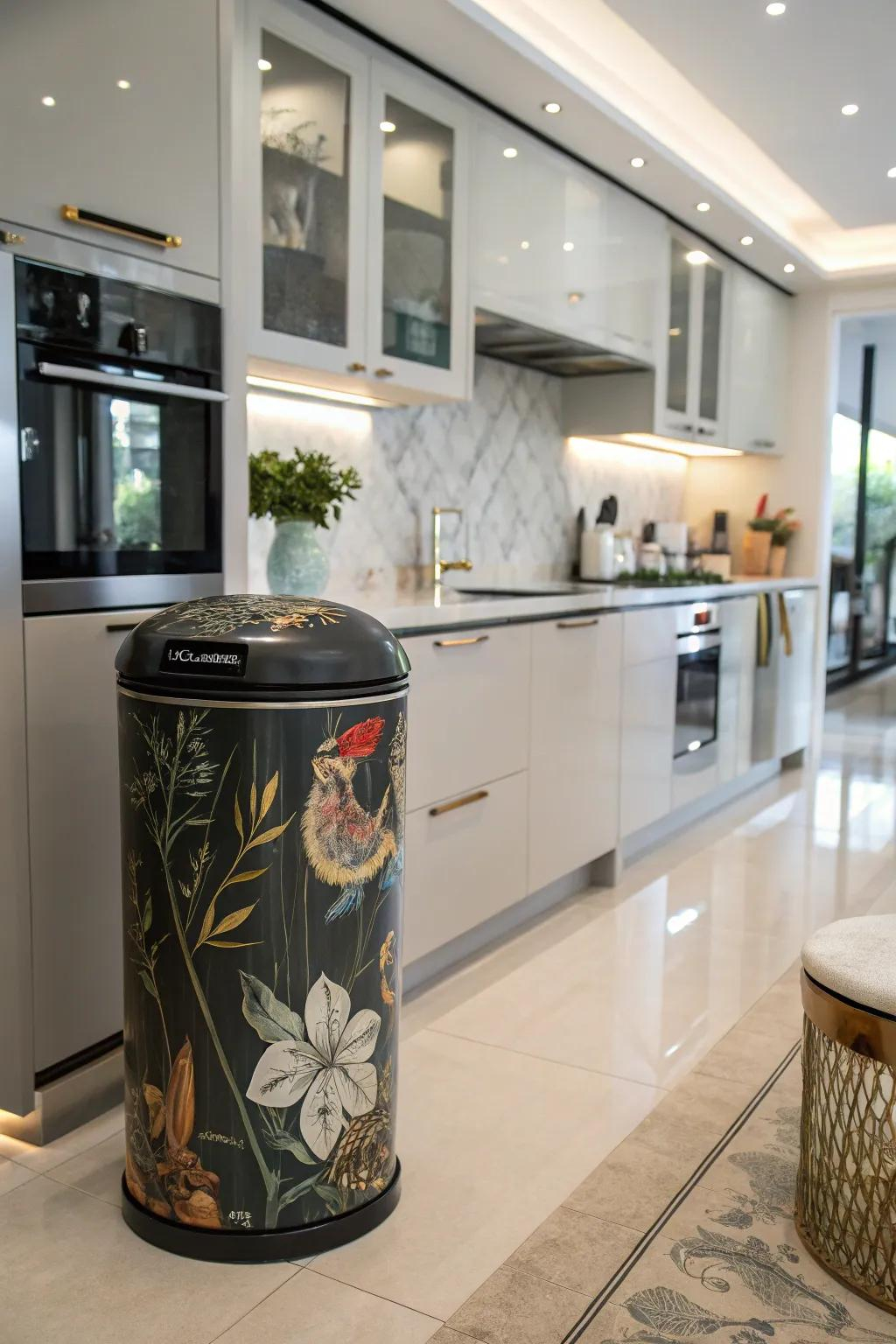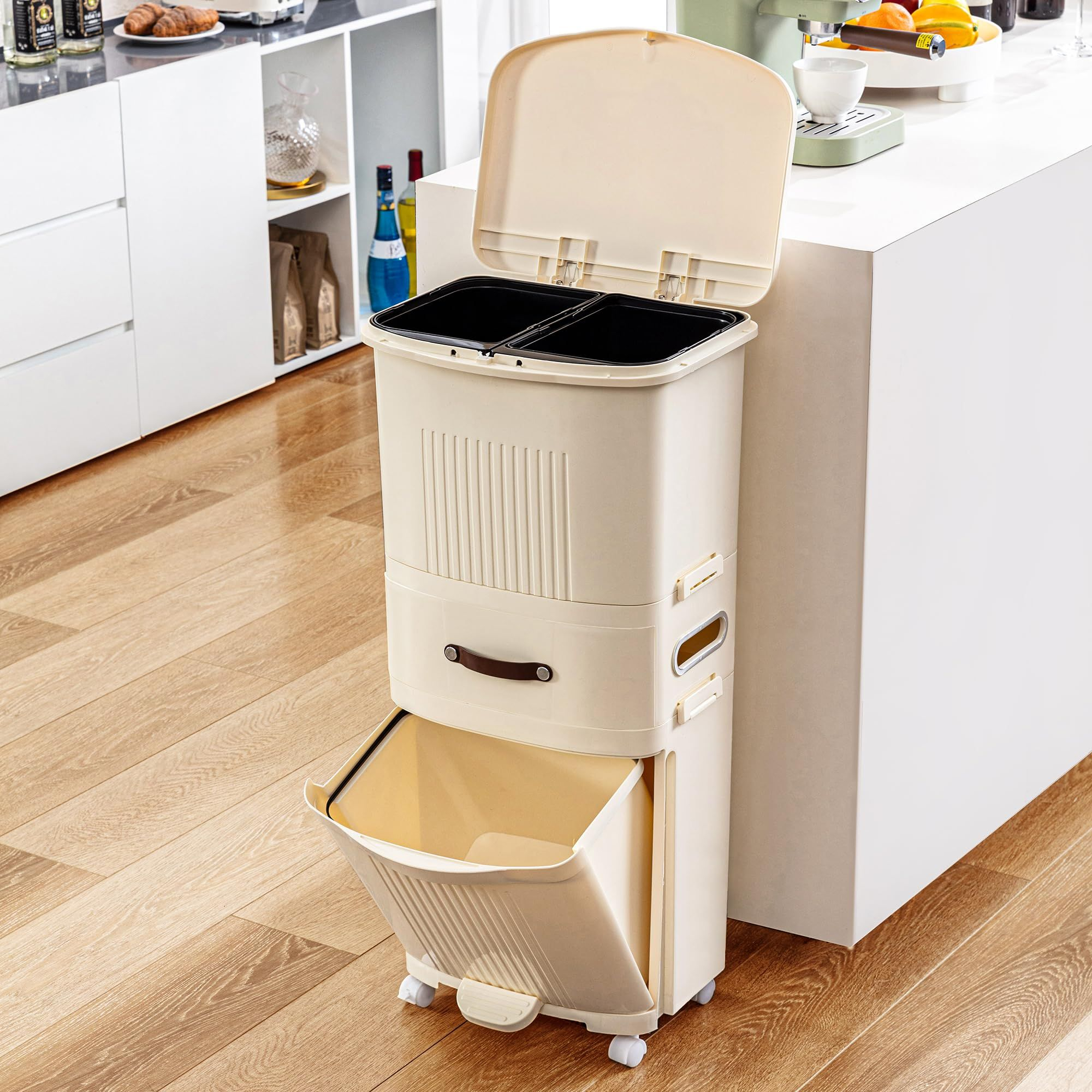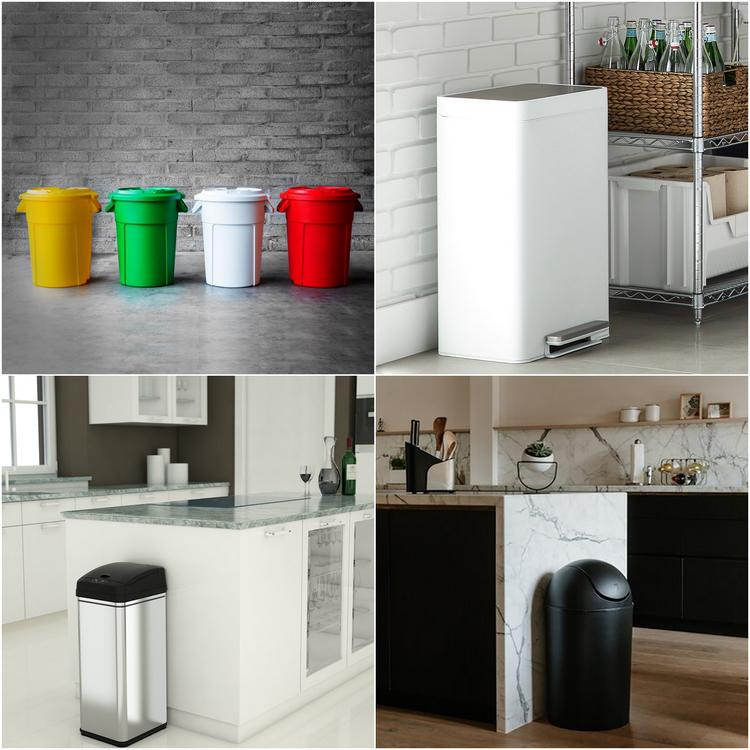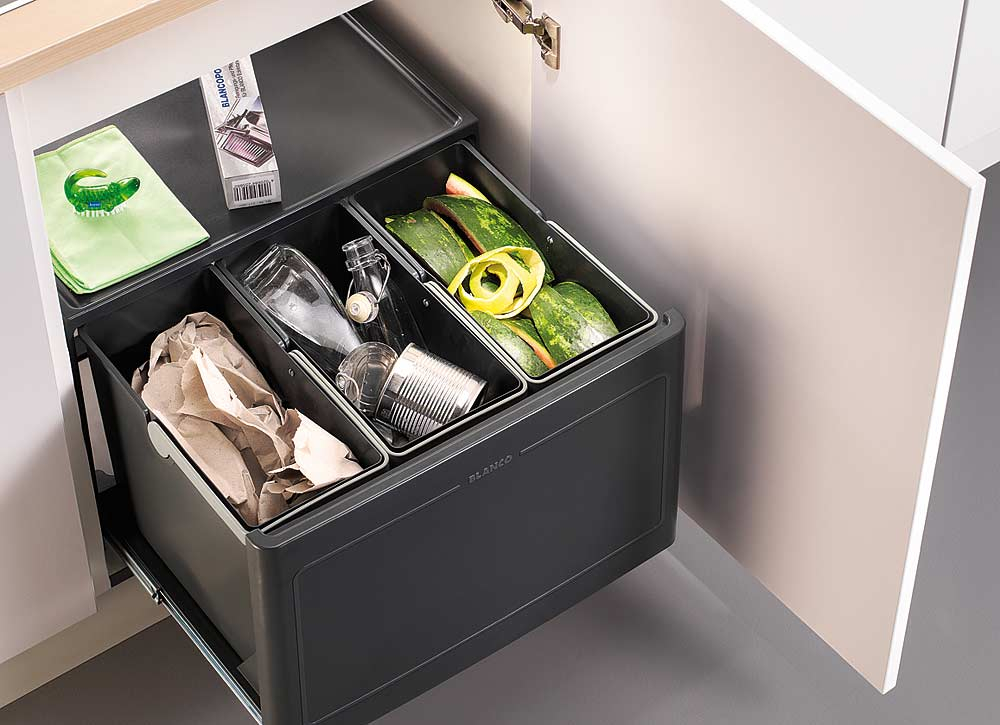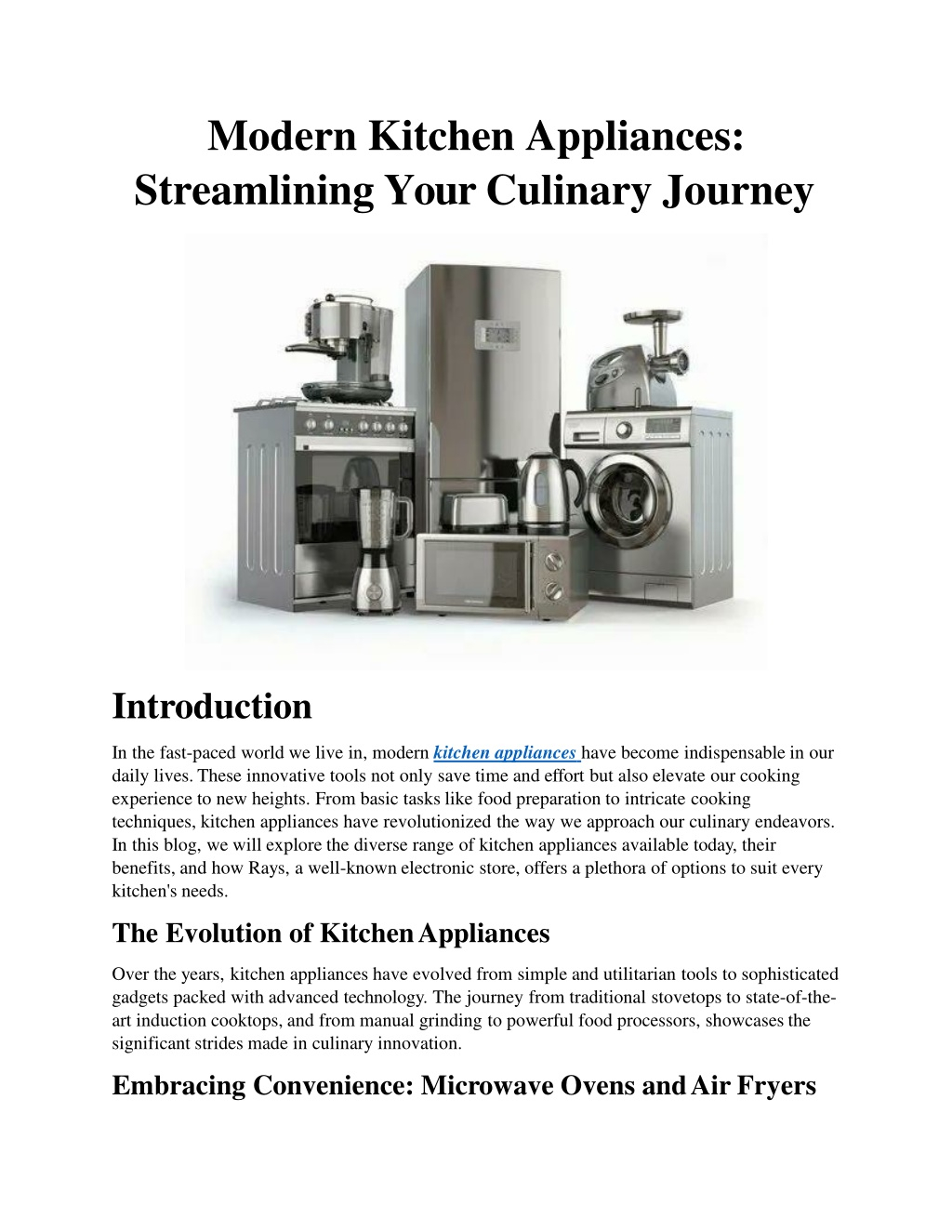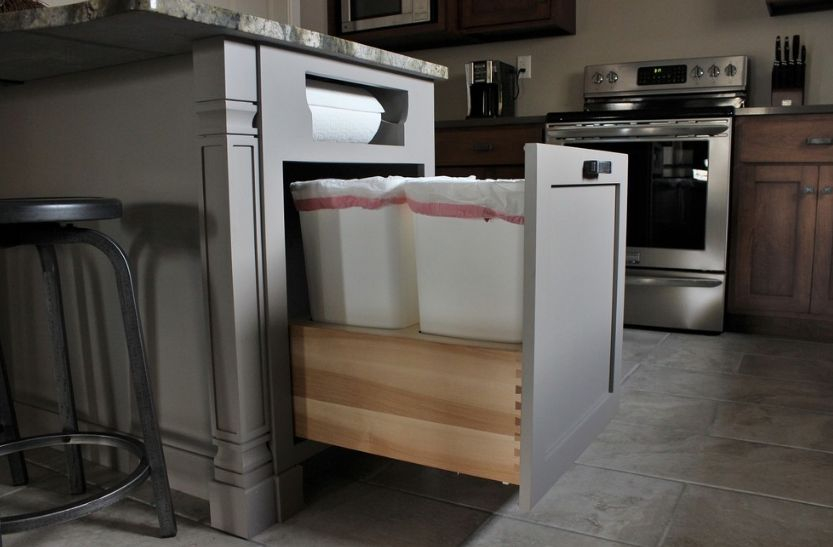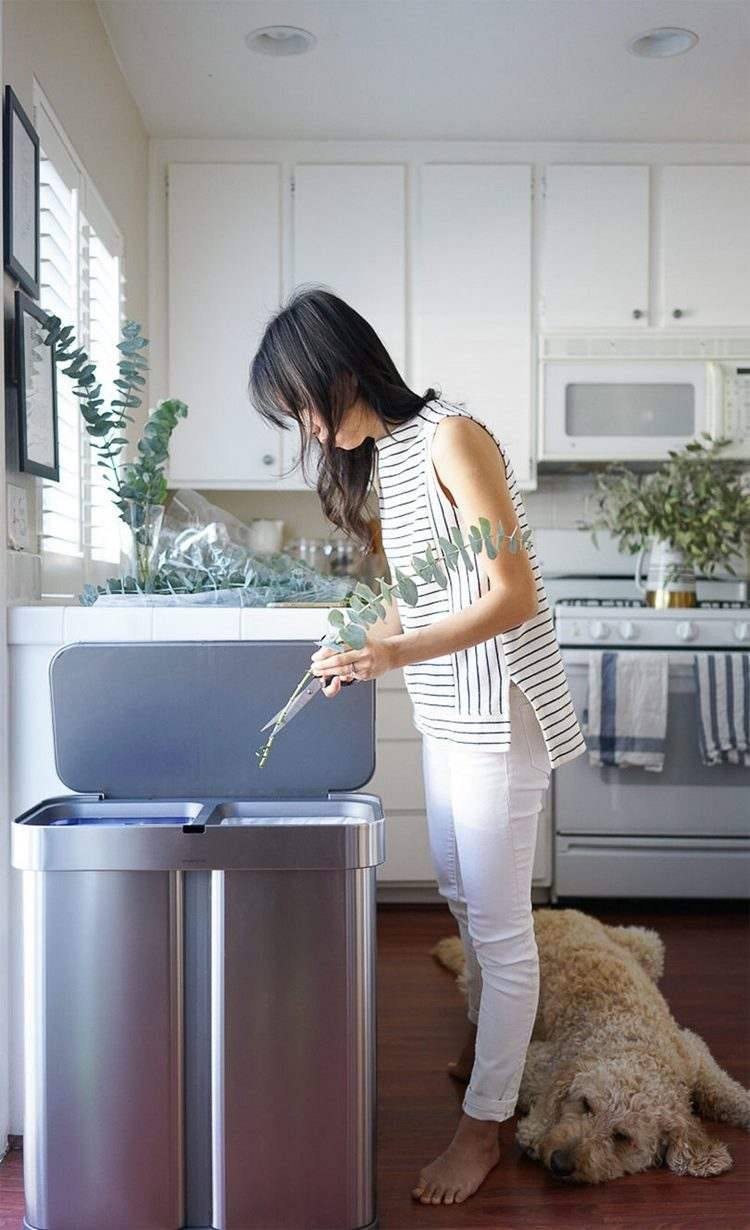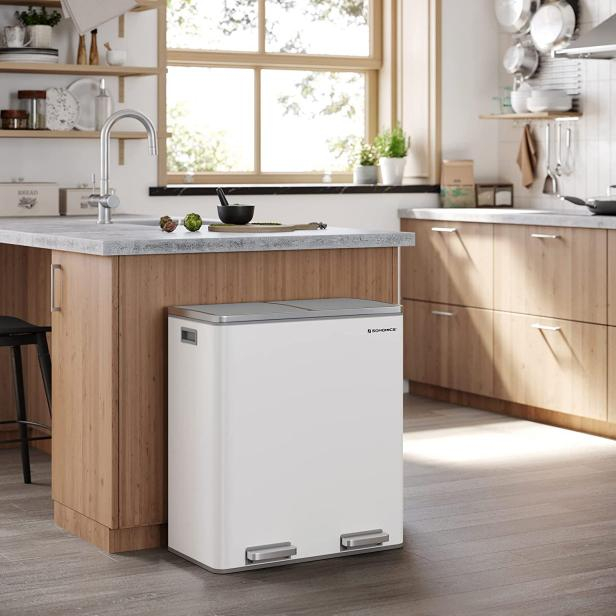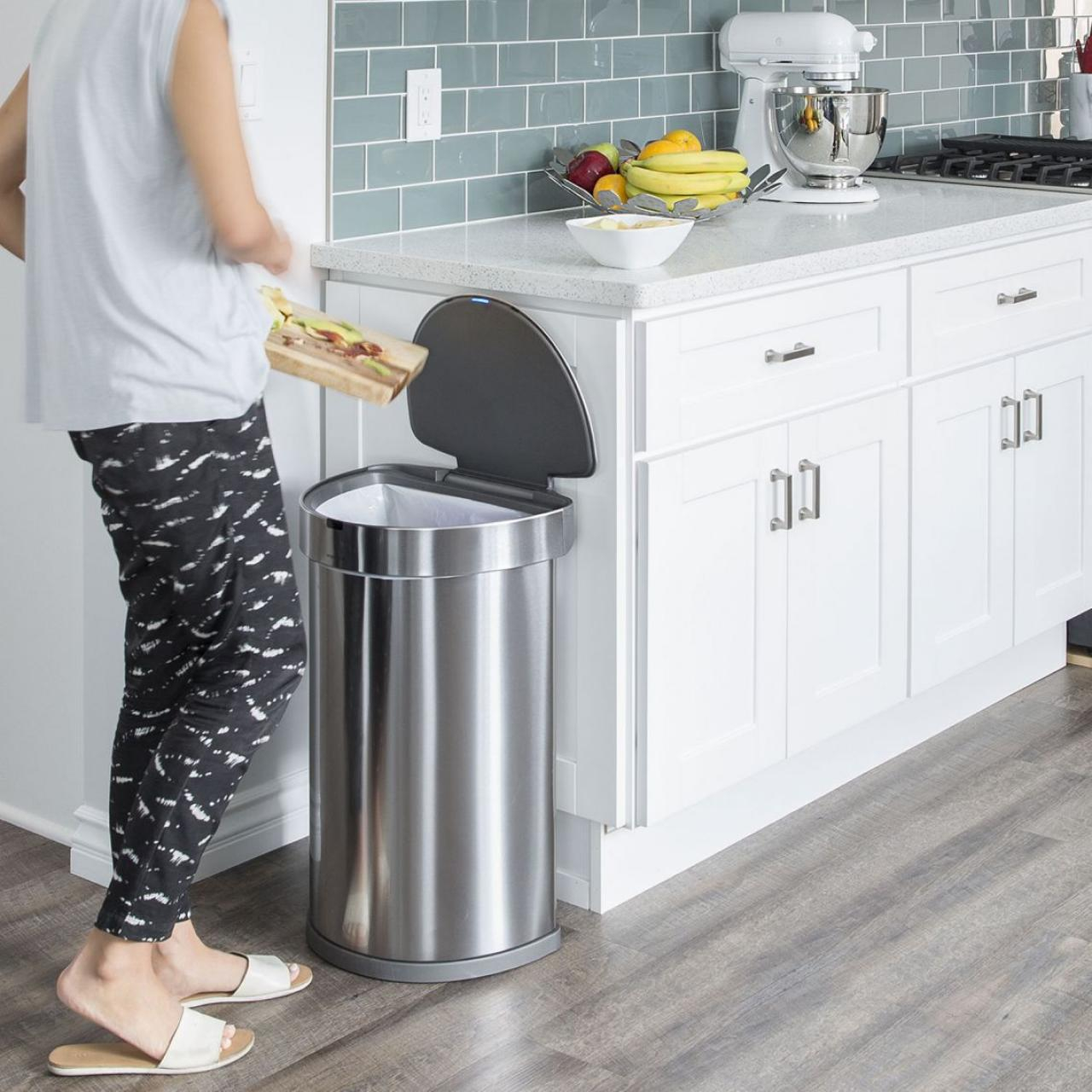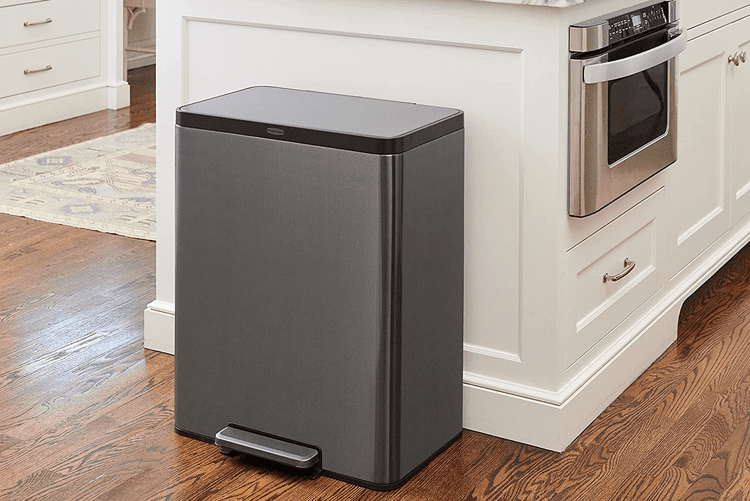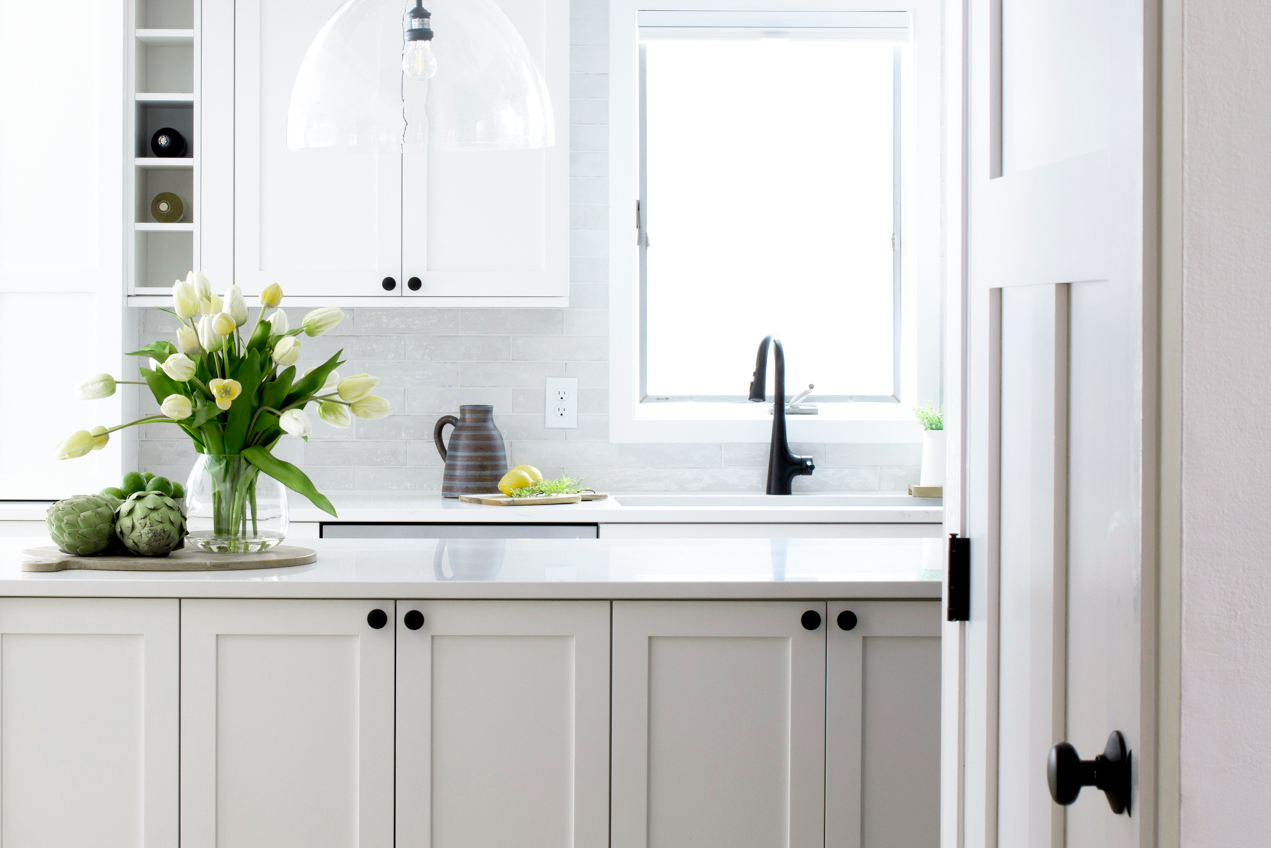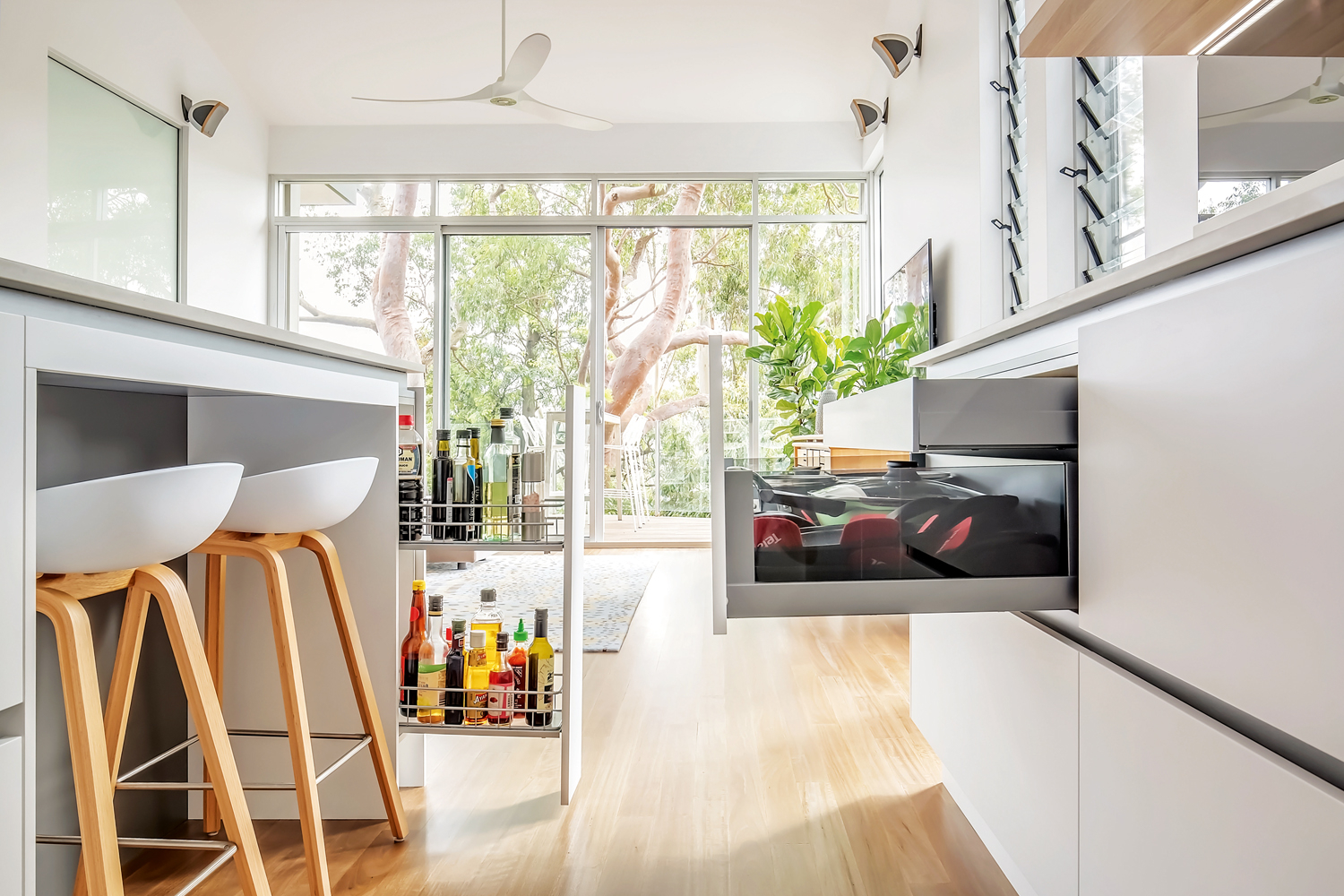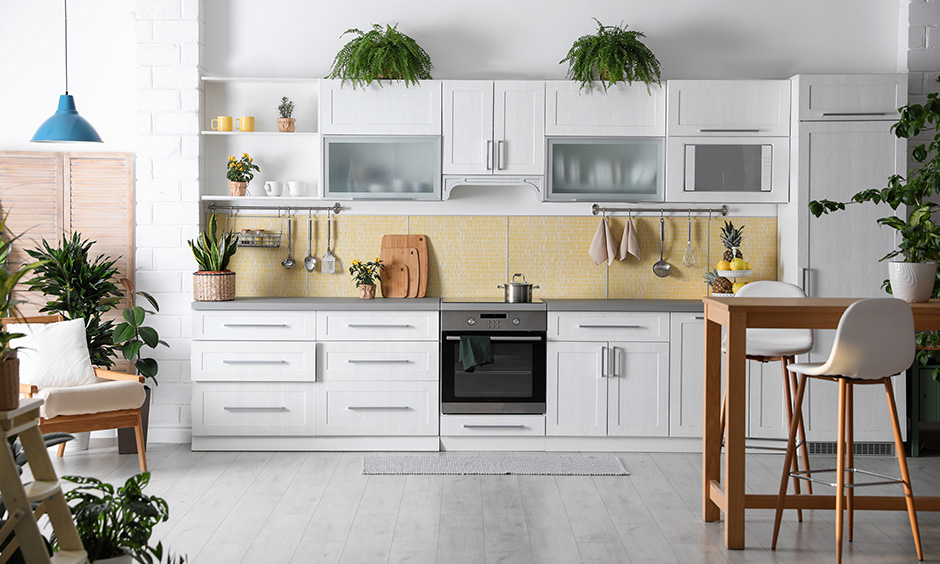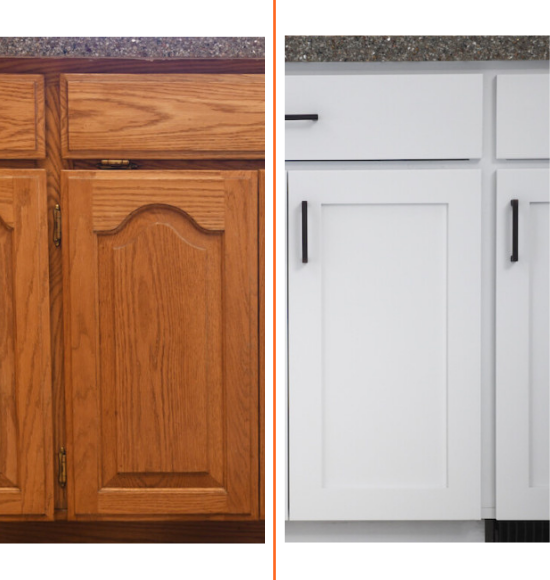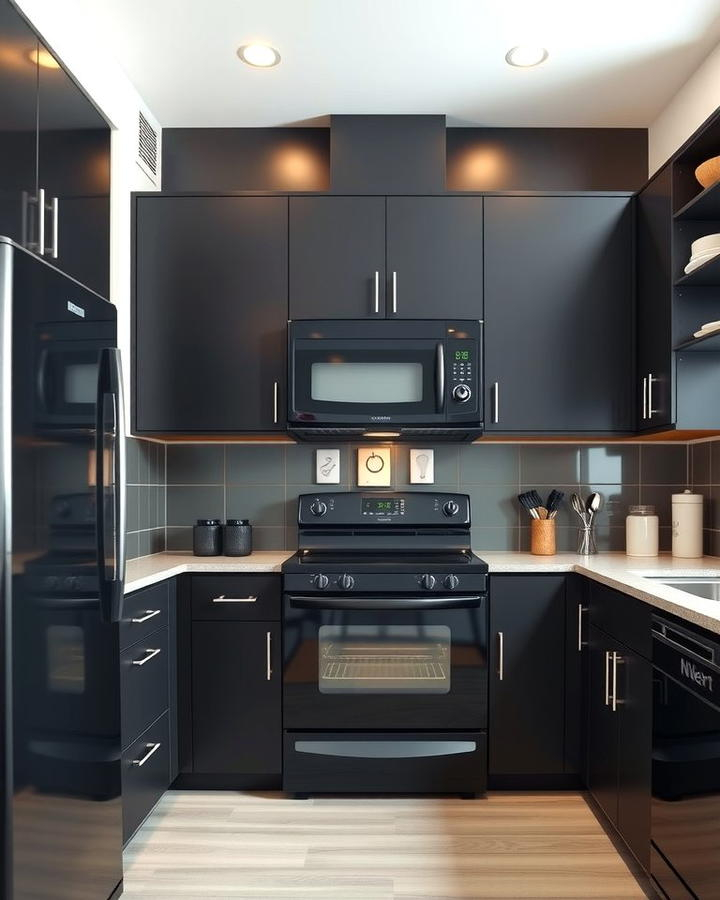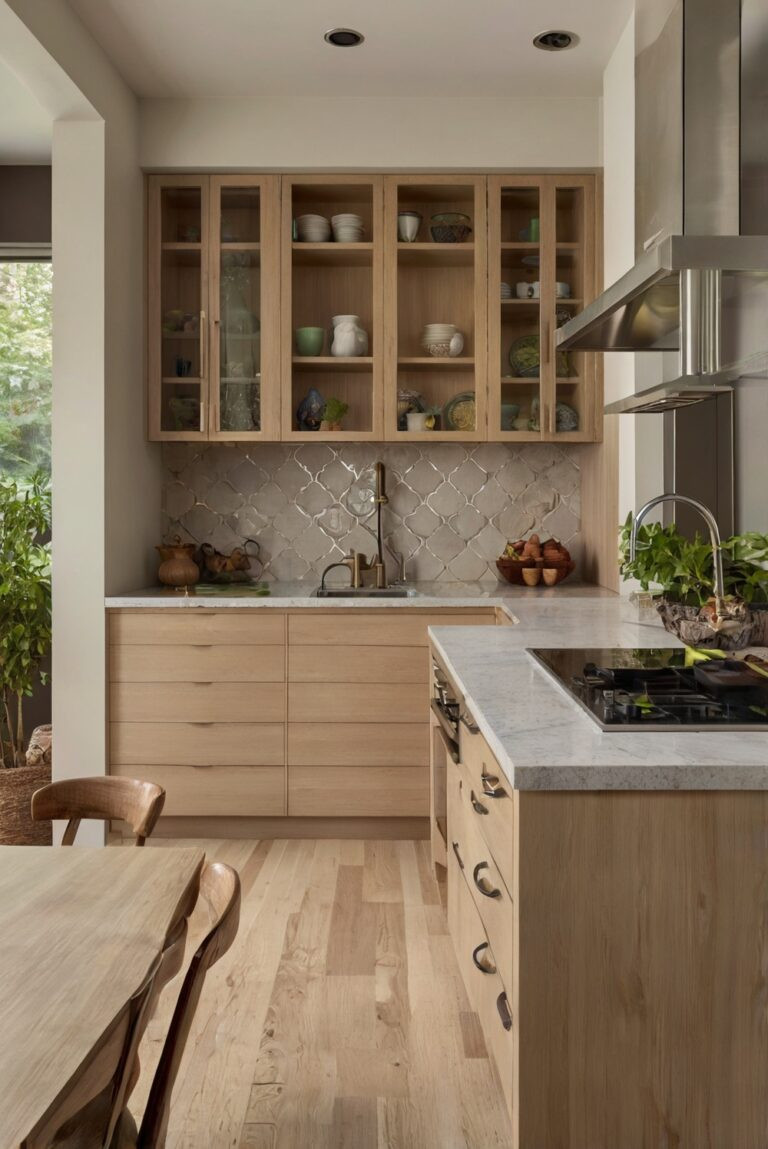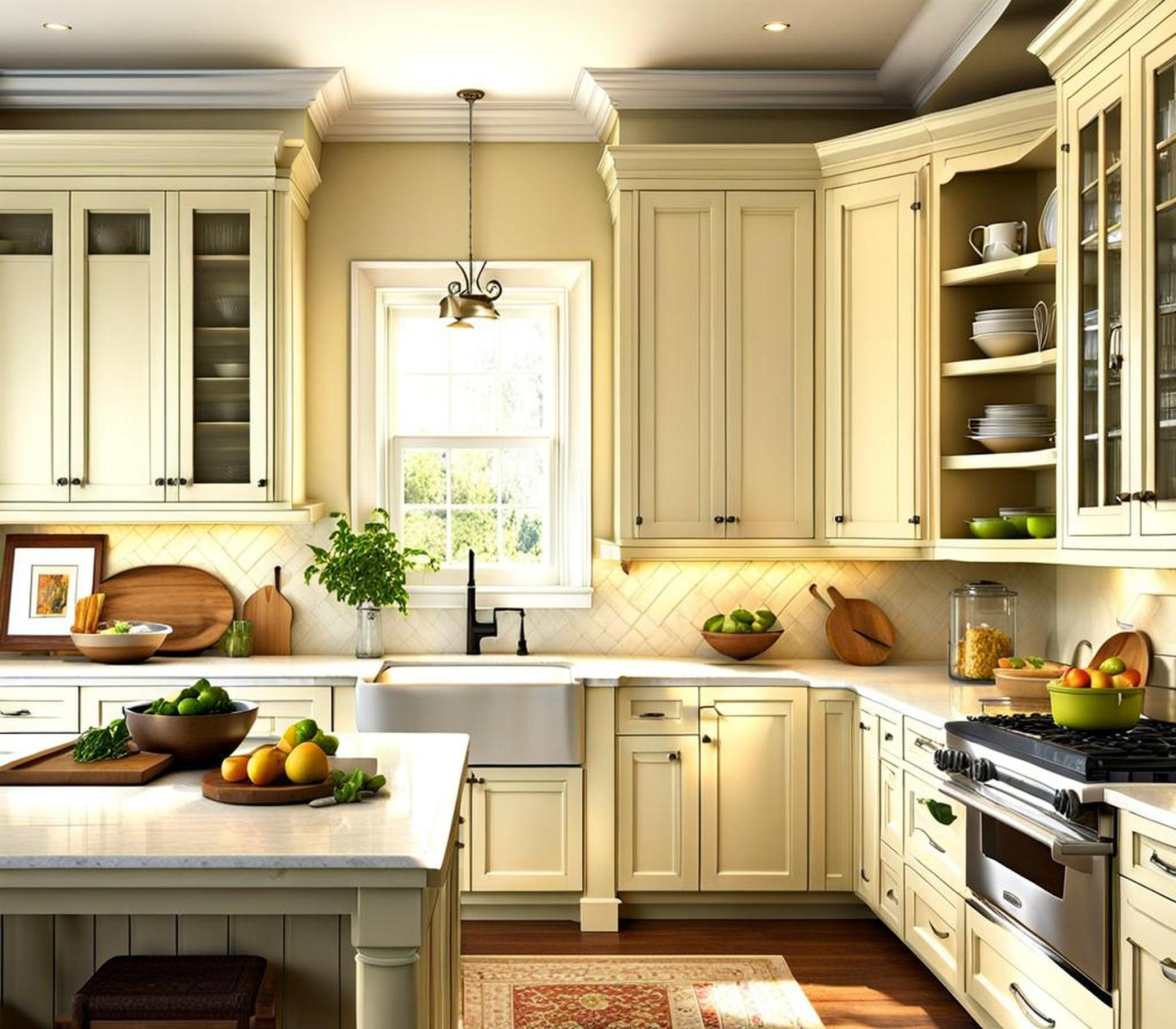Think about your kitchen. It’s the heart of the home, a place of creation and nourishment. But let’s be honest, it can also be a place where things go to waste. We’re talking about food scraps, packaging, and all the bits and bobs that end up in the bin. For a long time, the only real solution was a big, smelly bin. But times are changing. There’s a quiet revolution happening in our kitchens, all about making waste work for us, rather than against us. It’s about turning those everyday discards into something useful, something that makes our lives easier and our planet a little happier. And the best part? It’s more accessible and efficient than you might think.
We all have them – those banana peels, coffee grounds, vegetable trimmings, and maybe some leftovers that didn’t quite make it. For years, the default was simply tossing them into the trash, destined for a landfill. It felt like a necessary evil, a messy part of life we just had to deal with. But what if there was a better way? What if those very things we discard could actually be a source of value? Today, we’re going to dive into the world of modern kitchen waste solutions. These aren’t just about being ‘green’ for the sake of it; they’re about smart, practical ways to reduce what goes to landfill, create useful resources, and ultimately, bring a new level of efficiency to our homes. Let’s explore how we can transform our relationship with kitchen waste, one smart solution at a time.
Composting: Nature’s Ultimate Recycler, Made Easy
Composting is probably the first thing that comes to mind when we talk about kitchen waste, and for good reason. It’s incredibly effective. Instead of letting food scraps rot and produce harmful methane in landfills, composting transforms them into nutrient-rich soil amendment. Think of it as feeding your garden, the natural way. You might picture big, outdoor compost heaps, but modern solutions are much more adaptable.
Indoor Composting Bins: These are fantastic for apartment dwellers or those with limited outdoor space. They’re often compact, designed to minimize odors, and some even have built-in filters. You can compost things like fruit and vegetable peels, coffee grounds, tea bags, and eggshells.
Worm Composting (Vermicomposting): This is a super-efficient indoor method that uses special composting worms (like red wigglers!) to break down your food scraps. Worm bins are also compact and relatively odor-free when managed correctly. The result is nutrient-dense worm castings, a top-tier fertilizer.
Electric Composters: For ultimate speed and convenience, electric composters are a game-changer. These countertop appliances use heat and aeration to break down food scraps in a matter of hours, producing a dry, soil-like material that can be added to your garden or houseplants. They’re incredibly fast and tackle a wider range of food waste, including meat and dairy, which are typically avoided in traditional composting. It’s a real marvel of modern engineering that makes diverting food waste incredibly simple.
Reducing Waste at the Source: Prevention is Key
While composting and other methods are great for dealing with waste, the most efficient solution is often to prevent it from happening in the first place. This is where mindful shopping and kitchen habits come into play. It might seem obvious, but a little planning can make a huge difference.
- Meal Planning: Taking a few minutes each week to plan your meals and create a shopping list based on those plans ensures you only buy what you need. This dramatically cuts down on impulse buys and forgotten produce wilting in the fridge.
- Proper Storage: Learning how to store different fruits and vegetables correctly can extend their shelf life significantly. For instance, keeping certain items separate (like apples and bananas, which release ethylene gas) can prevent premature ripening and spoilage of nearby produce.
- Using Everything: Get creative with your ingredients. Vegetable scraps can make a flavorful broth. Stale bread can become croutons or breadcrumbs. Even citrus peels can be zested and frozen for later use. It’s about seeing the potential in every part of your food.
The Rise of Biodegradable and Compostable Packaging
The packaging industry is also evolving, and this has a massive impact on kitchen waste. We’re seeing a significant shift towards materials that are either biodegradable or compostable. This means that the packaging your food comes in doesn’t have to be a one-way ticket to the landfill.
Biodegradable: Materials that break down naturally over time through the action of living organisms, like bacteria and fungi.
Compostable: Materials that break down under specific composting conditions, turning into nutrient-rich compost without leaving harmful residues. It’s important to note that ‘compostable’ often requires industrial composting facilities, though some home-compostable options are becoming more common.
Look for certifications like the BPI (Biodegradable Products Institute) or CMA (Compostable Marketing Coalition) on packaging. When you see these, it’s a good sign that the item is designed to return to the earth more gracefully than traditional plastics. This is a huge step forward in minimizing the environmental footprint of our food consumption.
Smart Appliances: The Future of Waste Management
Technology is also playing a major role in making kitchen waste management more efficient and less of a chore. Beyond the electric composters we touched on, there are other innovations emerging.
- Smart Refrigerators: Some newer refrigerators are equipped with sensors and cameras that can track inventory and suggest recipes based on what you have, helping to prevent food spoilage. They can even send alerts to your phone if an item is nearing its expiration date.
- Food Waste Disposers (Garbage Disposals): While not a new concept, modern disposals are more efficient and environmentally conscious. When used correctly and connected to municipal wastewater treatment or anaerobic digestion systems, they can help divert food waste from landfills and even contribute to energy production. It’s crucial to understand your local wastewater system’s capabilities when considering these.
These appliances are designed to integrate seamlessly into our lives, making sustainable practices feel less like an effort and more like a natural part of using our kitchens.
Understanding Your Local Waste Systems
What works best for managing kitchen waste can also depend a lot on where you live. Many cities and towns now offer specialized programs that make it easier for residents to participate in waste reduction and diversion.
- Curbside Composting Programs: Some municipalities provide special bins for food scraps and yard waste, which are then collected and processed at commercial composting facilities. This is a fantastic option if available, as it handles larger volumes and a wider variety of materials than many home systems.
- Drop-off Locations: Even if curbside pickup isn’t an option, many communities have designated drop-off points for food scraps, often at farmers’ markets or community gardens.
- Anaerobic Digestion Facilities: Increasingly, food waste is being sent to anaerobic digestion facilities. Here, it’s broken down by microorganisms in the absence of oxygen, producing biogas (which can be used for energy) and digestate (a nutrient-rich byproduct). Knowing if your local waste management partners with such facilities can inform your disposal choices.
Checking your local government’s waste management website is a great first step to understanding the resources and programs available in your area. It’s about leveraging existing infrastructure for maximum impact.
The Ripple Effect: Benefits Beyond Your Kitchen
Adopting these modern kitchen waste solutions isn’t just about tidying up; it has far-reaching positive effects. When we reduce food waste, we lessen the amount of methane released from landfills – a potent greenhouse gas. By composting, we create valuable soil that can improve agricultural yields and reduce the need for chemical fertilizers.
Furthermore, a more conscious approach to waste encourages a broader appreciation for resources. It fosters a mindset where we think twice before discarding something, leading to less consumption overall and a lighter footprint on the planet. It’s a powerful way to contribute to a more sustainable future, starting right in our own homes. Every banana peel composted, every meal planned to avoid waste, is a small victory for both your household and the environment. It’s about making smart choices that have a genuine, positive impact.
The way we handle kitchen waste has come a long way from just a simple bin. Today, we have a wealth of efficient, practical, and even technologically advanced solutions at our fingertips. From the simplicity of indoor composting and the ingenuity of electric composters to the preventative power of meal planning and the growing availability of compostable packaging, there are numerous ways to minimize waste and even create value from what we once threw away.
Ultimately, it’s about making informed choices that fit your lifestyle and your environment. Whether you start by composting your coffee grounds, planning your meals more carefully, or researching your local waste programs, every step towards a more efficient approach to kitchen waste makes a difference. These solutions aren’t just about sustainability; they’re about smart, resourceful living. So, let’s embrace these modern tools and techniques, and transform our kitchens into hubs of efficiency and mindful resource management. It’s a win-win for our homes and for the planet.

